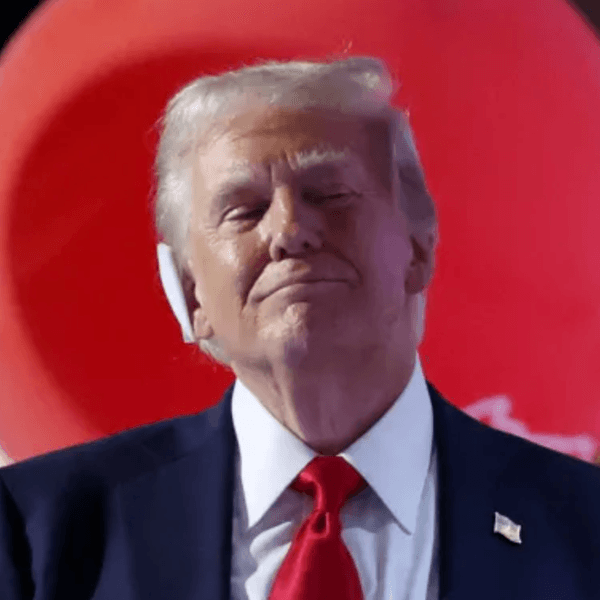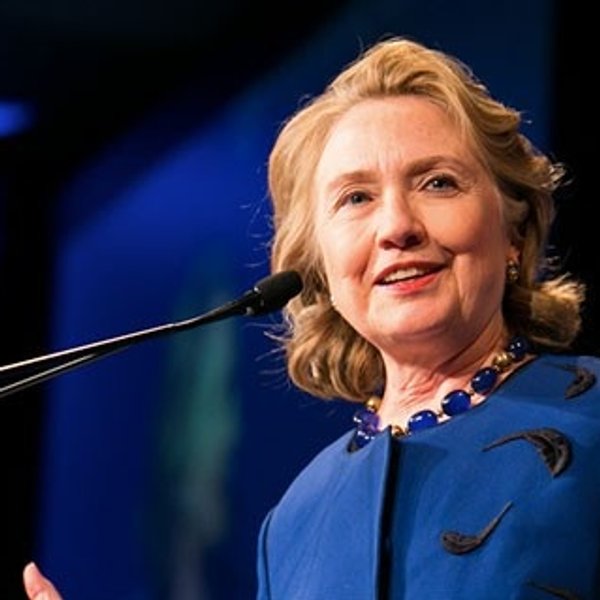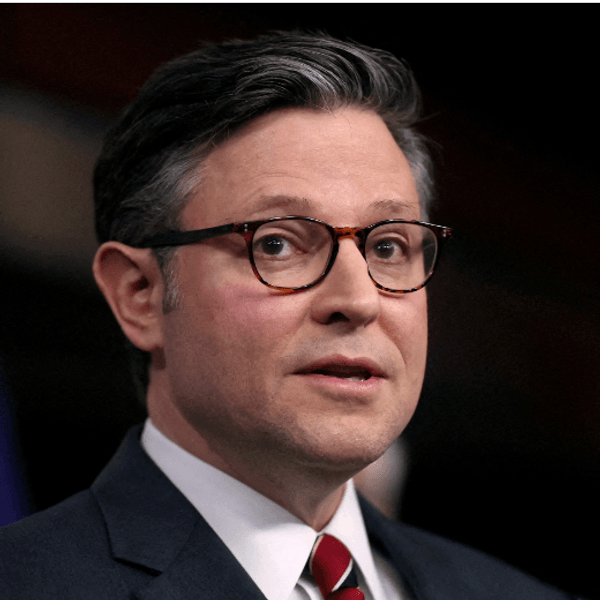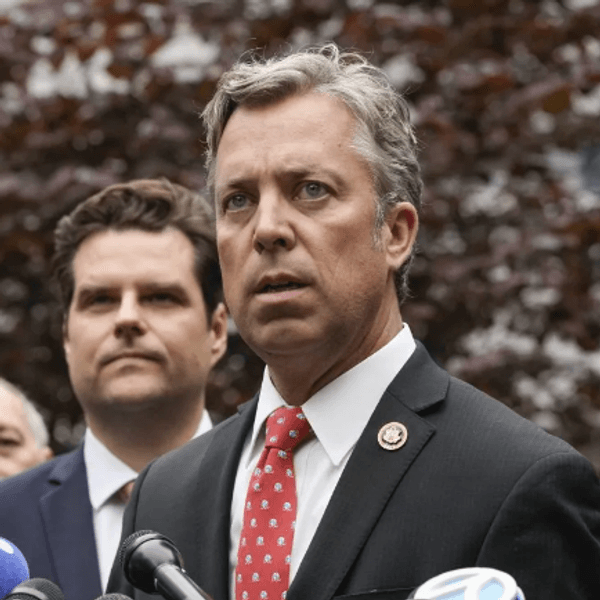Party Leaders Unveil New Rules for Democratic Presidential Debates

The opening presidential debates for the Democrats’ 2020 nomination will begin next June and July with two prime-time televised back-to-back debate nights to accommodate a field that will be capped at the 20 most popular candidates, the party announced on Thursday.
The first debate will be televised on NBC News, MSNBC and Telemundo, while CNN will host the second debate, the party’s announcement said. Qualifying candidates will be ranked according to mainstream media polls and grassroots donor support.
“Both debates will have the option of occurring over consecutive nights in prime time to make room for as many as 20 candidates, with the lineups for each night determined at random,” the DNC’s announcement said. “This approach will provide each candidate with a fair opportunity to make his or her case to a large, national audience.”
To qualify, a presidential candidate must show at least one percent support in three polls released between New Year’s Day 2019 and two weeks before the forum. These polls may be national surveys, or polls from 2020’s first four states with presidential caucuses or primaries: Iowa, New Hampshire, South Carolina, and Nevada.
The candidates must also show that they have at least 65,000 unique donors, with at least 200 unique donors per state from at least 20 states. Candidates “must provide verifiable evidence, which they may do by authorizing ActBlue [a fundraising portal] and/or NGP VAN [the party’s voter database] to provide that evidence,” the DNC said.
Party officials explained that this grassroots fundraising standard was drawn from federal public financing campaign laws adopted in the 1970s.
Speaking at a joint meeting of its Seniors and Disability Councils, DNC Chairman Tom Perez said he has been pressuring the television networks to choose moderators who will focus on the candidates’ stances on the problems facing America and their posed solutions.
“We want the debates to be about issues,” he said, adding that he hoped the television networks would listen and not be diverted by whatever controversy was dominating the news that day. “No discussion of hand size; a lot of discussion of issues.”
Perez recapped the party’s electoral achievements from last November, from regaining 42 seats and a House of Representatives majority, to winning seven governorships and more than 400 state legislative seats. “Actions, deeds and organizing” led to last fall’s record midterm election turnout, the highest since the 1960s civil rights movement.
Perez said the party is pushing candidates to talk about “how to get progress,” how to “make health care more inclusive” and “get it done—what matters, not distractions.”
Already there are close to a dozen announced candidates, and several major contenders have yet to officially launch their campaigns, namely Vermont Sen. Bernie Sanders and former Vice President Joe Biden.
Perez said he would “draw lots” to assign candidates to the two stages in each debate, rather than separate perceived frontrunners from a second tier as the Republican Party did during their 2016 nominating fight.
Perez also said the new grassroots fundraising standards were intended to increase participation. “Whenever we are encouraging people to engage with the grassroots, this is a good thing for the Democratic Party.”
The opening debates in June and July will be the first two of six debates in 2019, with at least six more to follow in 2020.
This article was produced by Voting Booth, a project of the Independent Media Institute.
Steven Rosenfeld is the editor and chief correspondent of Voting Booth, a project of the Independent Media Institute. He has reported for National Public Radio, Marketplace, and Christian Science Monitor Radio, as well as a wide range of progressive publications including Salon, AlterNet, the American Prospect, and many others.
IMAGE: Democratic U.S. presidential candidates (L-R) former U.S. Senator Jim Webb, U.S. Senator Bernie Sanders, former Secretary of State Hillary Clinton, former Maryland Governor Martin O’Malley, and former Rhode Island Governor Lincoln Chafee pose before the start of the first official Democratic candidates debate of the 2016 presidential campaign in Las Vegas, October 13, 2015. REUTERS/Lucy Nicholson








